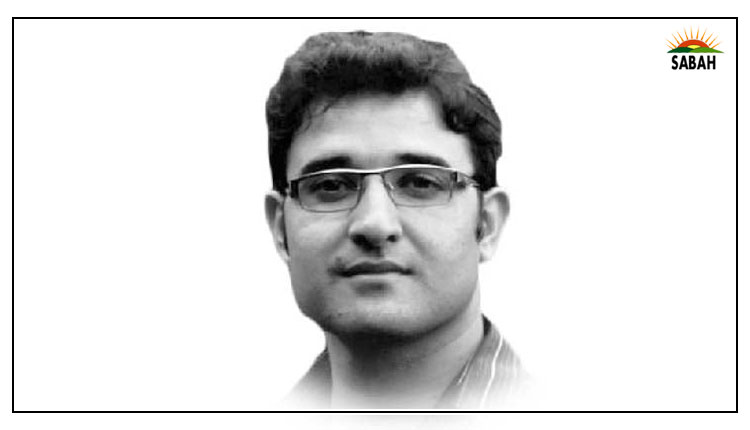Need for gender dialogue…Shakeel Ahmed Shah
Gender disparity in Pakistan remains a high concern, alongside many other human rights issues. Different sources provide evidence to gender-based violence in the form of honour killing, acid attacks and sexual assaults. The reported figures are in thousands. Also, gap in labour participation, gender-disparity in literacy rate and discrimination in wages are only a few of the many issues prevalent in Pakistan.
In terms of efforts made towards improving the situation of gender disparity, there are many to count. For instance, there is a separate ministry for human rights, along with departments for social welfare and womens development. Not a few, but many civil society organisations (understood as development sector organisations) are voicing for and working towards minimising the gendered issues. Whether these are sufficient in number can be a question one may ask, but equally pertinent to ask is how gender and gender issues are understood in the context of Pakistan, particularly by organisations and people in these organisations voicing and working for improving the situation.
Working with development sector organisations, I have participated in several events for deliberations and discussions on gender issues. Most discussions end up on simple agreement on issues prevalent now and then; some of them trigger heated atmospheres with exchange of judgmental arguments. What never came across in these events are the questions: Do people and organisations understand the essence of gender dialogue? Have they thought about fostering an open and free gender dialogue? Have they thought about creating public spaces for gender dialogue? Absence of these questions in discussions and deliberations around gender and gender issues points towards a lack of philosophical engagement on this subject. This may be one reason behind slow progress in terms of attaining gender empowerment, as the programme directions determined by people and organisations do not emerge from in-depth understanding of the issues.
Engaging in an open and free gender dialogue is an important philosophical endeavour, where conversation becomes a form of art. The interplay of diverse perspectives and narratives creates a rich tapestry of understanding. The beauty lies in the harmonious exchange of ideas, the exploration of contradictions, and the possibility of transcending boundaries to create new insights and possibilities.
Dwelling on the epistemology of gender, which stresses on gender dialogue for philosophical inquiry into nature of gender, it should be first acknowledged that the understanding of gender is not fixed or predetermined but is rather socially constructed and subject to interpretation. By engaging in an open gender dialogue and exploring diverse perspectives, one would be able to recognise the complexity and fluidity of gender and gendered issues, and thereby encouraging a more nuanced understanding. Thus, with a nuanced understanding, one would be able to develop more effective ways to mitigate the issues in hand.
Also important is to supplement the dialogue process by sharing personal narratives (phenomenology of lived experience) to contribute to a collective understanding of gender that goes beyond normative beliefs around gender. This may allow exploration of subjective experiences, highlighting the diversity of gender experiences and challenging both essentialist and reductionist perspectives.
To hold these dialogues, question of space is of utmost importance. Space can be physical or virtual, but it should inclusive, safe and adaptable. Public spaces for gender dialogue have a transformative potential that aligns with critical theories of social change. By providing a platform for critical reflection, dialogue and collective action, these spaces become sites of praxis, where theory meets practice, and individuals can actively participate in the process of social transformation.
There may be other opinions, but one here is that there is need to enhance in-depth understanding of gender and gender issues. This can be attained by holding free gender dialogue in a public space and engaging with philosophical perspectives before determining the practical measures.
Courtesy The Express Tribune, July 8th, 2023.












